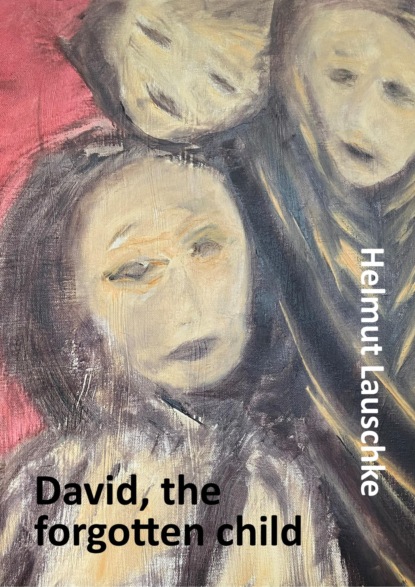Sayfa sayısı 50 sayfa
0+

Kitap hakkında
It was a lean little boy who was left behind and lost on the platform and was picked up by a woman in Wehrmacht uniform. «Boy, you can't stay here in the cold,» said the woman, picking him up and carrying him into a small room that was heated. «Who are you waiting for?» She asked. «To my parents, they took the train without me,» said the boy. «What's your name?» She asked. «My name is David.» The woman in uniform: «And where are you from?» Boy: «We were brought on the truck from the village to the city and on foot to the train station, where we had to wait on the platform.»
David: "Two things dominate the landscape, the towers and the trenches. In the case of the towers, the church towers differ from the watch and shooting towers and in the case of the trenches there are, on the one hand, the trenches for military defense and, on the other, the trenches for filling up with shot men, women and children. It is the landscape of desolation, depravity and forlornness and the shame of arrogance and the lack of bread and humanity. "
Professor David Blumenthal: "It was the time of the great trials of the 1950s and 1960s over the events of Auschwitz. On the one hand it was about the imprisoned people who had survived the concentration camp and on the other hand about the other people who were the perpetrators in the camps, be it as camp manager, «camp doctor», supervisor or other auxiliary person. During these processes, there were major problems reporting what had happened in the camp.
Access to the soul is through a door that requires a special key to unlock it. An extraordinary woman gave the word «soul unlocker». This woman saved my life at the time of the transports of Jews to the concentration camp Auschwitz when she took me from the platform as a forgotten nine year old child and took me to her little back house and gave me to eat and a place to sleep."
